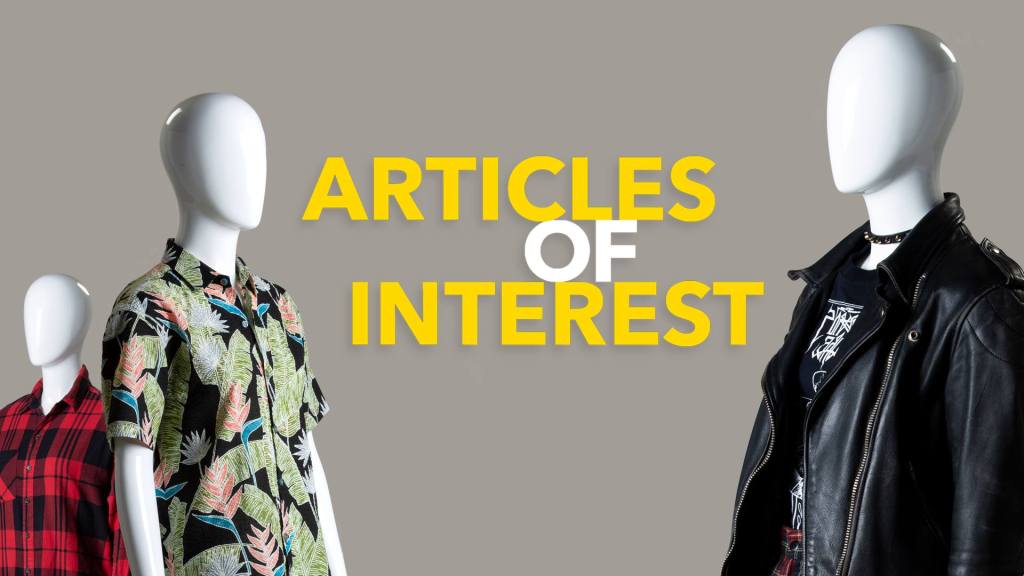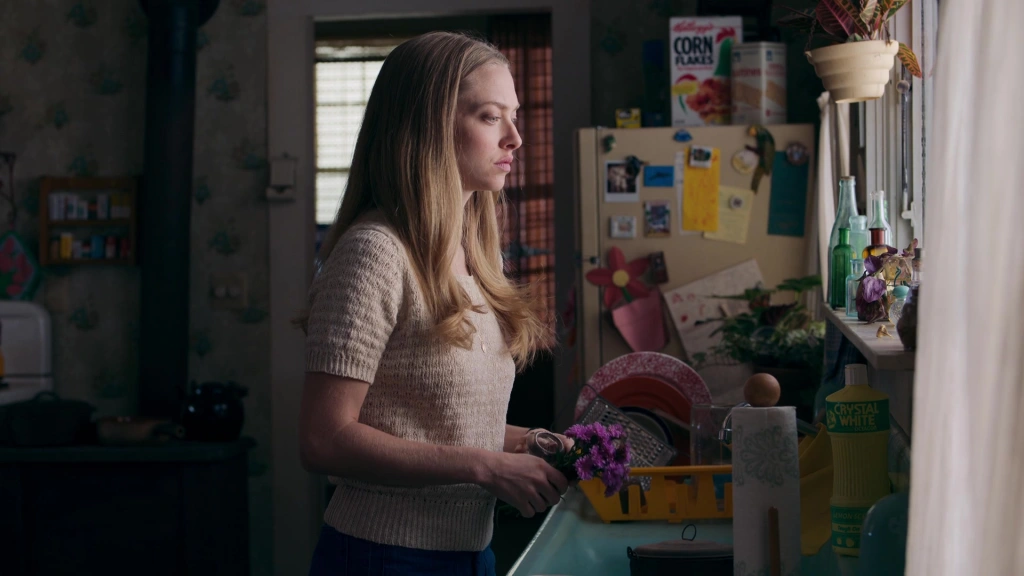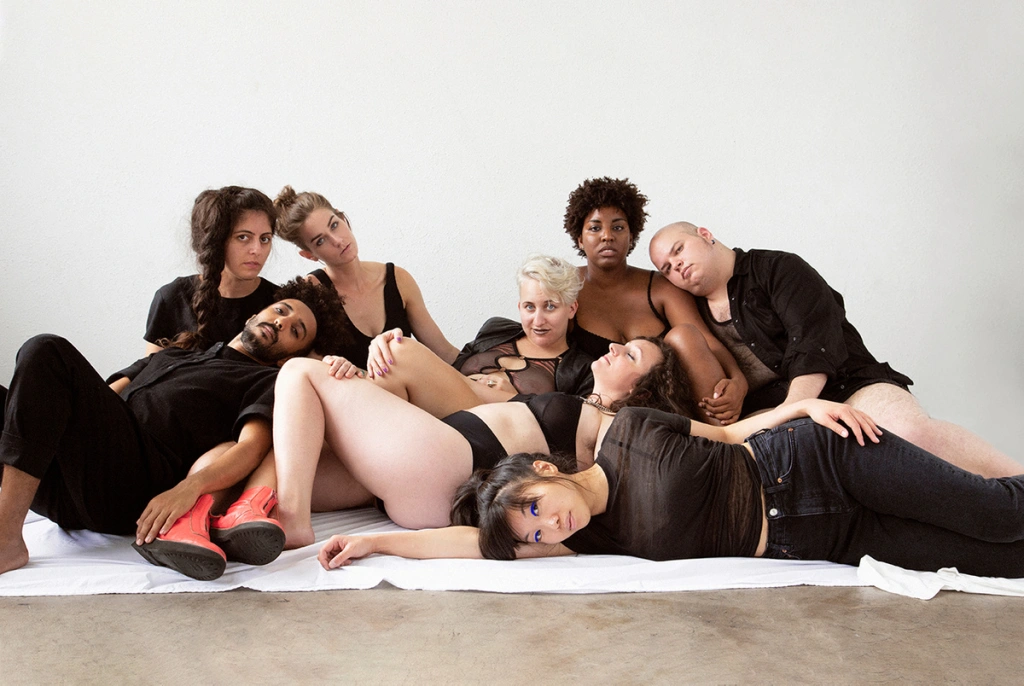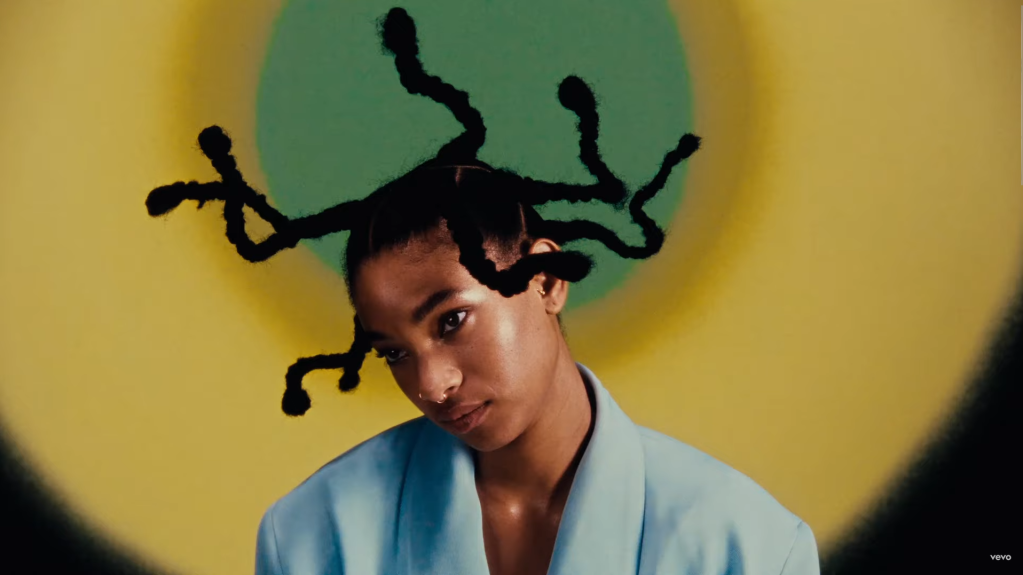
An early 2019 debut, Windfall is a serialized fiction podcast with an undeniable focus on theme, but an unpinnable genre. The creators of its first season, Bob Raymonda and Christie Donato, use the setting’s fantastical trapping to make its core messages–messages about wealth, displacement, police brutality, addiction, and power structures–clearer with how they manifest in our own world. Windfall is a practice in symbiosis between purpose and presentation.
Ever since the castle first appeared in the sky above the city of Windfall, its residents have been building upward. Now the city consists of towers where the wealthiest residents live at the top while the poor eke out a living on the ground. Our podcast follows Cas, Shaima, and Argus, three brothers who live with their Uncle Vern after being orphaned during the grounder rebellion twenty years earlier. They find themselves drifting apart as Argus, the youngest, falls hopelessly in love with the much-older Helina, a foreign merchant haunted by her past; Cas, the middle brother, works in secret for the local crime boss; and Shaima, the oldest, struggles to keep their uncle’s scrap shop from going under. When Cas’s best friend, Kendall, is offered a position with the Wolfpac, Windfall’s military cult that acts as the city’s police, Cas is forced to decide where his loyalties lie. Meanwhile, something sinister looms over the city itself, threatening the lives of all who live in Windfall, from the wealthiest residents to the ground-level poor.
For disclosure up front: since listening to Windfall, we have cast one of its actors, Josh Rubino, as the lead in our upcoming podcast VALENCE for Hug House Productions; however, our casting was done without knowing who’d sent in the audition. Additionally, I’d planned on reviewing Windfall before casting took place. Frankly, concerns about my love of Windfall being seen as bias is the only reason Windfall didn’t end up on my Best Podcasts of 2019 list for Polygon.

As explained in the podcast’s official description, Windfall follows the story of one family living in the city of Windfall–a city that’s somewhere between the wizard Howl’s eponymous moving castle and Avatar: The Last Airbender‘s Ba Sing Se. Windfall’s leader is the strange and moody Wanda (Jess Clark), literally described as a “creature” in her official character description. Windfall is stratified by class–literally, with different classes living at different levels of elevation within the city. The city’s police force, the Wolfpac, rule with a sharpness that might seem either hyperbolic or painfully close to home depending on your experiences. Windfall is a cult-like semi-oligarchy: Queen Wanda is its head ruler, but she is closely supported by her advisor, Tin Man (Michael Larkin), and the head of the Wolfpac, Root (Josh Rubino). The three core brothers, played by Marcus Stewart as Argus, Cornelius Mohr as Cas, and Mu-Shaka Benson as Shaima, are supported by a sprawling cast of other inhabitants in the city, almost always written with fully-developed lives.
While initially listening to Windfall, the play between whimsy and politics kept tugging at different parts of my mind. Windfall, like many other works that balance fantasy and overt politics, could easily feel too twee to be subversive, or too didactic to be engaging. Instead, the podcast blends its surreal, lighter elements with its sociological inquiries in a way that highlights both aspects. We’re engaged even more in this strange setting and the characters who inhabit it because we want a revolution to succeed, as we do with our own world. We’re paying more intention to the core messages because of how they seem both hyperbolic in the setting and realistic given our experiences them in our world.
Plenty of parallels can be drawn between Windfall and other pieces of genre fiction. Aside from Howl’s Moving Castle and Avatar: The Last Airbender, there’s traces of Firefly and other genre-bending space operas, but Windfall comes closest to feeling like audio drama’s answer to the high-genre, high-commentary works of Bong Joon-Ho.
Like Bong’s Snowpiercer and Okja, Windfall looks at a fundamentally, urgently flawed system through the eyes of its core characters while also asking questions about how it could become what it is when the story begins. To what extent would the Wolfpac have to have power over the citizens of Windfall? How devoted would the citizens of Windfall have to be to Wanda to let this happen–and how would that devotion be nurtured in the first place? What effect would the world’s power systems have not just on its society as a whole, but on individuals, like a displaced refugee?
On the individual level, Windfall allows its ideas to be humanized through its earnest storytelling. Each character, regardless of how flawed they are, is treated with some level of empathy, or at least understanding. While each character arc can be difficult to keep track of, especially if marathon listening, this is just the cost of so many characters having such genuinely compelling narratives. The characters are one of the core reasons the play between whimsy and politics blends so well: even the performances that edge towards comedy, like the childish and temperamental Queen Wanda, are delivered with such earnest buy-in that they never break the listener’s suspension of disbelief. Nobody in Windfall is a caricature–even the characters who could initially be perceived as caricatures.
And on the broader level, Windfall is a thrilling high-stakes adventure with massive ramifications alongside its more personal, intimate goals. Windfall isn’t just like Bong Joon-Ho’s work in how it implements theme; it’s also similar to his work in being an excellent piece of glossy action. The sound design and compositions by Adam Raymonda have a keen sense of cinematic storytelling. Between its layers of in-world texture and tonally resonant music, Windfall becomes steeped in an aesthetic that’s almost impossible not to picture as you listen. Like another “[Thing]fall” before it, Marsfall, Windfall excels in fast-paced action sequences that can often become muddied in audio.
One of the most exciting and refreshing fiction works from 2019, Windfall‘s first season continually surprises on each level of its production. It’s weird, ambitious, made with clear dedication from everyone involved, and one of the best examples of tactics I hope we see more of in fiction podcasting in 2020.
Listen: Google | Apple | Spotify | RadioPublic | YouTube | Website
Support and Follow: Patreon | Twitter | Facebook | Instagram








Leave a comment